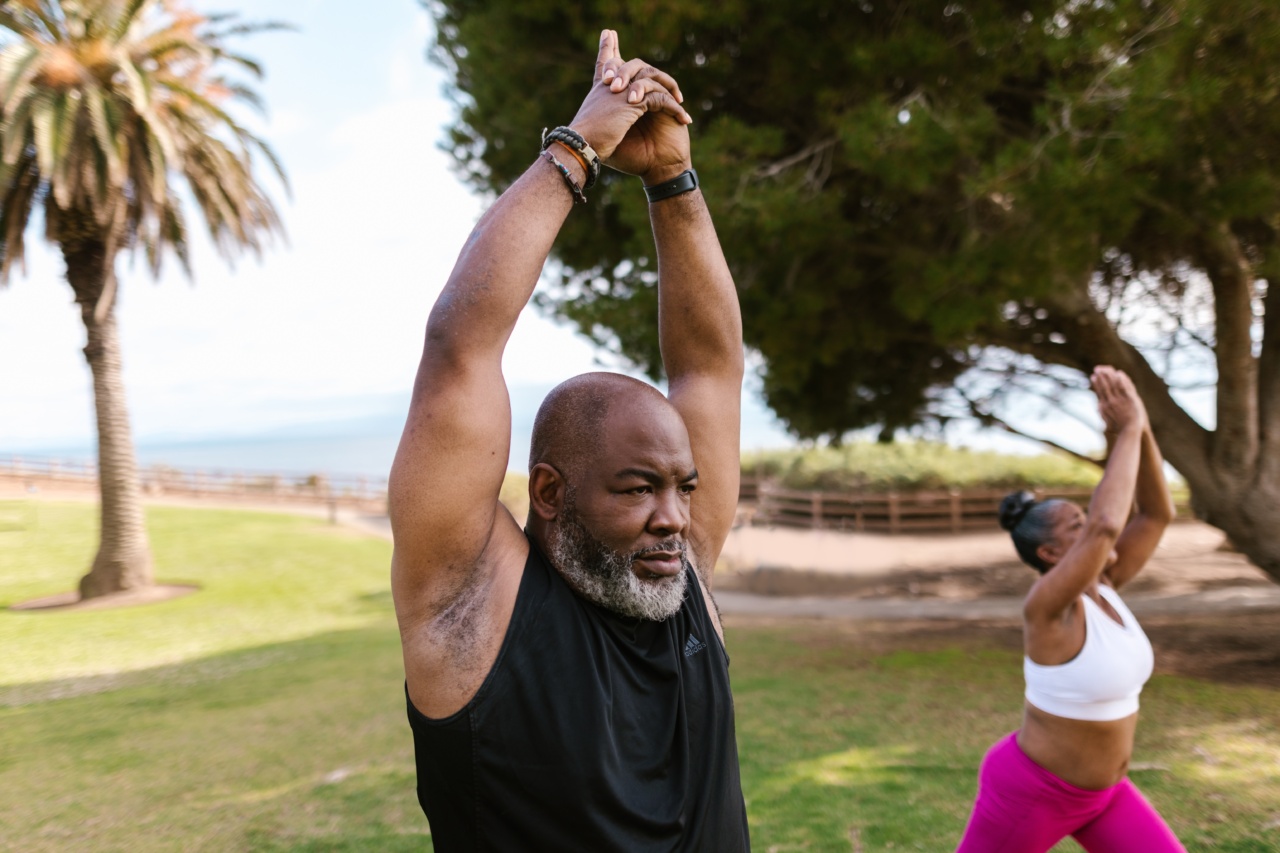As seniors age, they become more vulnerable to dementia, a syndrome that affects cognitive function and memory loss.
According to the World Health Organization, about 50 million people worldwide have dementia, and the number is expected to triple by 2050.
While there is currently no cure for dementia, several alternative solutions can enhance cognitive function and promote well-being for seniors.
1. Cognitive Stimulation Therapy (CST)
CST is a non-pharmacological intervention that aims to enhance cognitive function and promote social interaction for seniors with dementia.
It involves a structured program of group activities focused on reminiscence, discussion, and problem-solving exercises. CST has been shown to improve memory, language, and attention in dementia patients and to reduce the severity of behavioral and psychological symptoms.
2. Music therapy
Music therapy is a non-invasive intervention that aims to reduce neuropsychiatric symptoms, such as agitation and anxiety, in dementia patients. It involves listening to familiar music, singing, or playing musical instruments.
Music therapy has been shown to improve mood, reduce agitation and anxiety, and enhance quality of life for seniors with dementia.
3. Art therapy
Art therapy is a non-pharmacological intervention that aims to enhance social interaction and emotional expression in seniors with dementia. It involves creative activities, such as painting, drawing, or sculpture, in a group setting.
Art therapy has been shown to improve mood, reduce agitation, and promote social interaction in dementia patients.
4. Exercise
Exercise is a non-pharmacological intervention that aims to improve physical function and enhance cognitive function in seniors with dementia. It involves moderate-intensity physical activity, such as walking, cycling, or swimming.
Exercise has been shown to improve cardiovascular health, reduce the risk of falls, and enhance cognitive function in dementia patients. It also reduces the risk of comorbidities such as diabetes and heart disease, which are associated with cognitive decline.
5. Mindfulness
Mindfulness is a non-pharmacological intervention that aims to improve well-being and reduce stress in seniors with dementia. It involves an awareness of oneself and one’s surroundings, and a non-judgmental acceptance of thoughts and emotions.
Mindfulness has been shown to reduce stress, improve mood, and enhance quality of life for seniors with dementia.
6. Reminiscence therapy
Reminiscence therapy is a non-pharmacological intervention that aims to improve mood, cognitive function, and quality of life for seniors with dementia.
It involves the recollection of past experiences, events, and places, and the sharing of these memories in a group setting. Reminiscence therapy has been shown to reduce symptoms of depression and anxiety, enhance cognitive function, and promote social interaction in dementia patients.
7. Pet therapy
Pet therapy is a non-pharmacological intervention that aims to improve mood, reduce agitation, and promote social interaction in seniors with dementia. It involves interaction with trained therapy animals, such as dogs, cats, or horses.
Pet therapy has been shown to reduce stress, anxiety, and depression, and enhance quality of life in dementia patients.
8. Aromatherapy
Aromatherapy is a non-pharmacological intervention that aims to improve mood, reduce anxiety, and promote relaxation in seniors with dementia.
It involves the use of essential oils, such as lavender and peppermint, which are inhaled or applied topically. Aromatherapy has been shown to reduce agitation, improve mood, and promote relaxation in dementia patients.
9. Light therapy
Light therapy is a non-pharmacological intervention that aims to improve mood, sleep, and cognitive function in seniors with dementia. It involves exposure to a bright light source, such as a light box or a light visor, for a specified period each day.
Light therapy has been shown to improve sleep quality, reduce agitation, and enhance cognitive function in dementia patients.
10. Nutrition
Nutrition is a non-pharmacological intervention that aims to support physical health and cognitive function in seniors with dementia.
A balanced diet rich in fruits, vegetables, whole grains, and lean protein sources can help to prevent comorbidities such as diabetes and heart disease, which are associated with cognitive decline. Nutritional supplements, such as omega-3 fatty acids and vitamin E, have also been shown to improve cognitive function in some studies.
In conclusion, while there is currently no cure for dementia, alternative solutions such as cognitive stimulation therapy, music therapy, art therapy, exercise, mindfulness, reminiscence therapy, pet therapy, aromatherapy, light therapy, and nutrition can significantly enhance cognitive function and promote well-being for seniors with dementia. These non-pharmacological interventions are safe, cost-effective, and can complement traditional medical treatments, such as medication and psychotherapy, to enhance the quality of life for seniors with dementia.






























